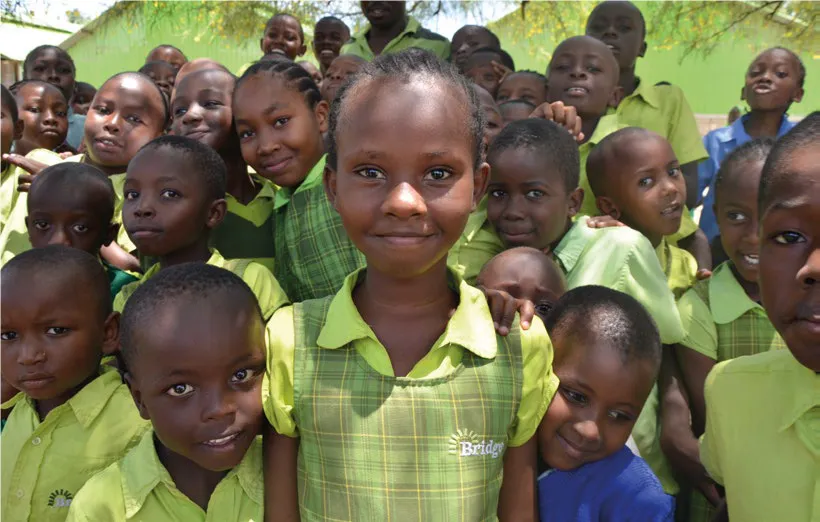Human rights create conditions essential for sustainable development. The 2030 Agenda recognizes that inclusive and participative economies, and societies in which government is accountable, achieve better outcomes for all people, leaving no one behind. The Declaration on the Right to Development emphasizes the right of all individuals and peoples to free, active and meaningful participation. And the UN Guiding Principles on Business and Human Rights (UNGPs) set out the duty of States and private companies to ensure that business activities do not abuse people’s rights.
Civil, cultural, economic, political and social rights and the right to development build on each other and advance together. No matter how free individuals are to speak out and protest, they are not truly free if they lack food, education or adequate housing. The reverse is also true. Societies in which people have access to fundamental social protections, and economic resources and opportunities, are less vulnerable to social fracture and the spread of extremism.
Despite this, economic policies in many countries have curtailed social protection and concentrated wealth and political power in fewer and fewer hands. Unsustainable, wasteful growth patterns increase environmental degradation and accelerate climate change, generating effects that harm health, access to water and sanitation, food, housing and land rights, and endanger life. The poorest, who contribute least to climate change, pay the highest price.

